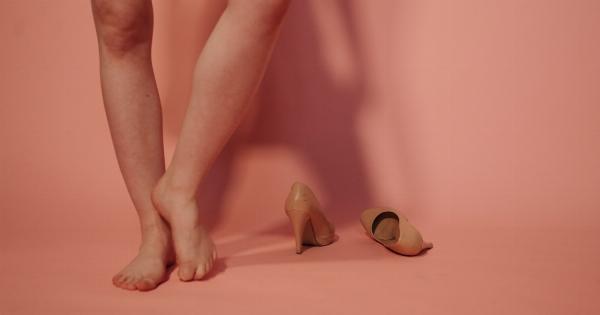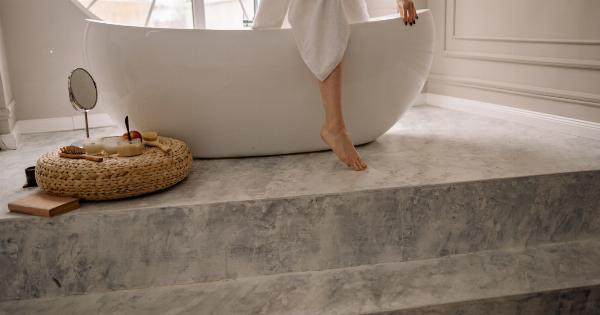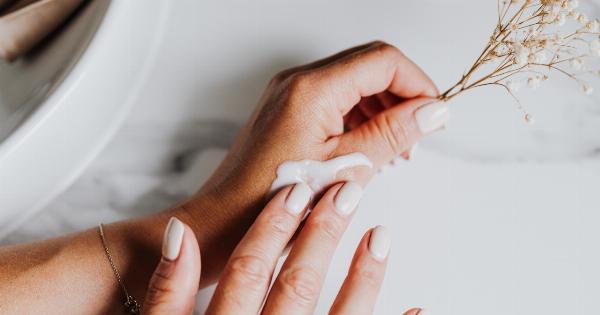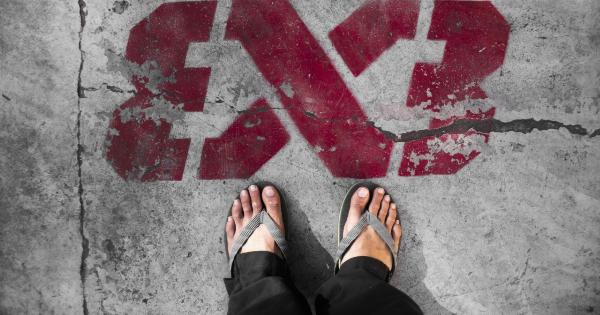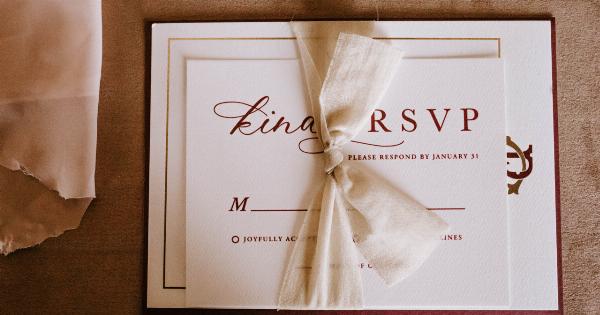As a woman, you might be used to walking in high heels and feeling confident and elegant. However, during pregnancy, wearing tall heels can have unseen risks that can harm both you and your baby.
In this article, we will explore the hidden dangers of wearing tall heels while pregnant and why it’s essential to opt for comfortable and supportive footwear options.
Risk of Falling and Injuries
During pregnancy, your center of gravity shifts due to changes in the body’s weight distribution. High heels further increase the risk of falling while walking.
A fall during pregnancy can be quite dangerous, leading to severe injuries that can affect both the mother and the baby. Additionally, high heels can cause muscle fatigue, tightening, and cramps in the legs, causing discomfort and a higher risk of falling.
Poor Posture
Wearing high heels while pregnant can also put a strain on your back, hips, and spine. Over time, this can lead to chronic muscle aches and pains, negatively affecting your posture.
Maintaining proper posture while pregnant is critical, and wearing high heels can make it harder to achieve that goal.
Swollen Ankles and Foot Pain
Pregnancy often causes swelling in the feet and ankles. Combining this with wearing high heels can be quite painful and uncomfortable.
High heels also place pressure on the feet and toes, leading to various conditions such as ingrown toenails, blisters, and neuromas.
Increased Risk of Varicose Veins
Varicose veins can develop during pregnancy. They are characterized by swollen veins in the legs and feet and are primarily caused by impaired circulation.
Wearing high heels further exacerbates the problem as they cause increased strain on the legs and feet, leading to more significant circulatory issues.
Impact on the Baby
When pregnant women wear high heels, the cramping and tightening of the leg muscles can cause a decrease in blood flow to the uterus. This can lead to a reduction in the amount of oxygen and nutrients that the baby receives.
Moreover, any injury sustained due to falling can lead to a high-risk pregnancy, affecting the mother and child’s overall health.
Alternative Comfortable Footwear Options
During pregnancy, it’s essential to prioritize comfort over fashion when it comes to footwear. Here are some alternative footwear options to consider:.
- Flats: Opt for flats that provide good arch support and traction. Flats enable better balance and a lowered risk of injury.
- Sneakers: Sneakers are an ideal choice when it comes to comfort and support. They provide good shock absorption, ensuring less strain on your legs and joints.
- Sandals: Choose sandals with wide straps and cushioned insoles to provide comfortable support to the feet. It’s excellent to allow your feet to breathe to avoid swelling and other foot-related problems.
The Bottom Line
During pregnancy, wearing high heels should be avoided as the risks outweigh the benefits. Look for footwear that provides comfort and support and prioritize practicality over fashion.
Always prioritize your health and that of your unborn child over fashion.



